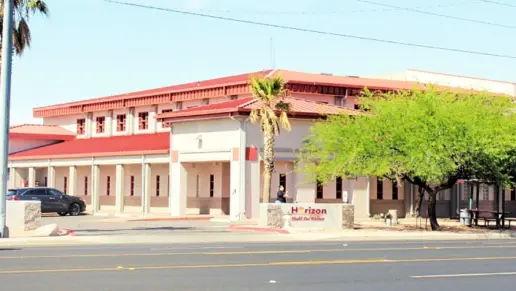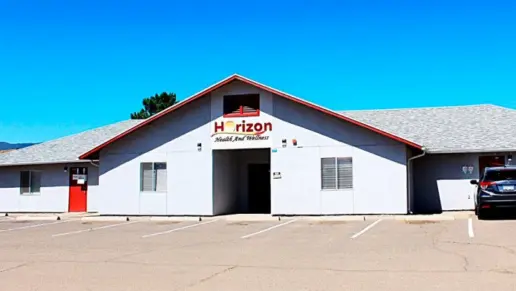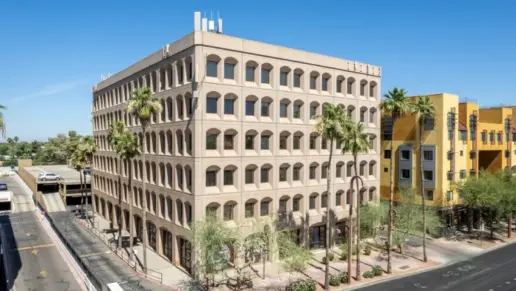First things first, you must get clean first then come in. I noticed some staff members express themselves with foul language. It is more about the money and type of insurance than Jesus.
About Crossroads Mission
Crossroads Mission and First Step Center is located in Yuma, Arizona. It’s a Christian based homeless shelter and drug and alcohol addiction rehabilitation facility. They’ve been helping people in and around the Yuma area for 65 years and they’re recognized as a provider for the State of Arizona through Arizona Complete Health Regional Behavioral Health Authority.
On top of their emergency shelter and free meals program, they have a drug and alcohol stabilization/detox program as well as additional drug and alcohol treatment programs. They also offer adult education and transitional living services.
The First Step Center provides you with a safe environment to detox and stabilize from drug and or alcohol abuse that’s monitored 24/7 by certified emergency medical technicians. Upon admission, you’ll have a vital signs protocol and chemical institution withdrawal assessment, regular screening, observation, and case management.
Stays here can last up to 10 days and they’ll help you prepare to go through the Crossroads Mission New Life Recovery Program, or for more treatment within the community.
New Life is a 120 day residential inpatient program led and supervised by licensed counselors who meet state requirements as behavioral health professionals, and all other staff members have several hours of training throughout the year. Here, they believe that people who find or look to a higher power have better results.
They also focus on uniting and reuniting families. Family members are always encouraged to join in counseling sessions and they provide referrals if treatment is needed that’s above the scope of what they can offer.
Former patients here have said this place helped them with a lot of things and the people who work there are great, they were super helpful during a very hard time in life, and they don’t require that you take up Christian-themed programs.
Latest Reviews
Rehab Score
Gallery
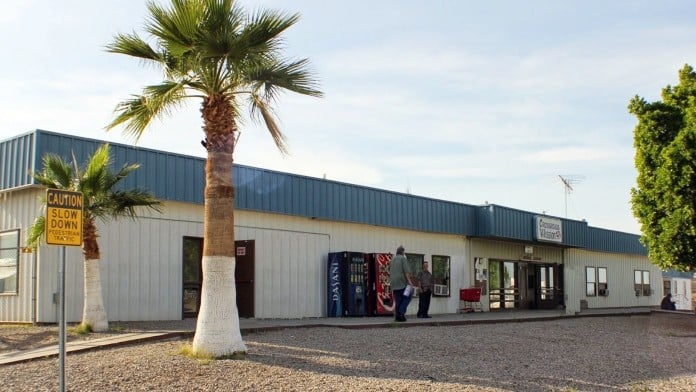
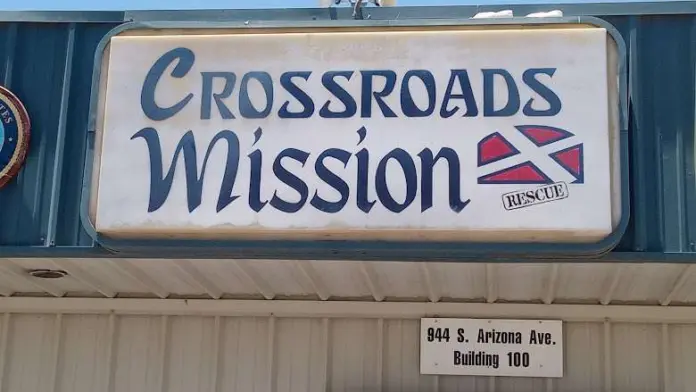
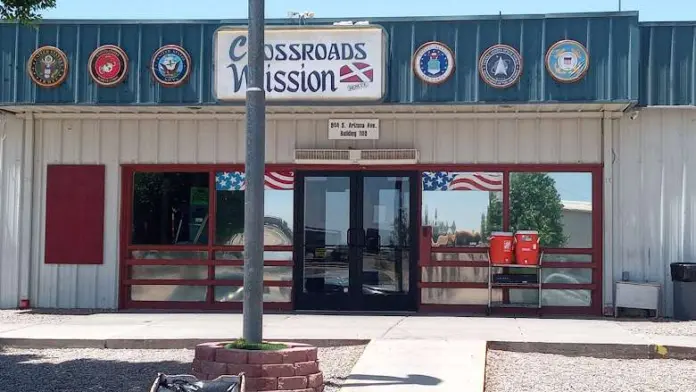
Location
Other Forms of Payment
Private insurance refers to any kind of healthcare coverage that isn't from the state or federal government. This includes individual and family plans offered by an employer or purchased from the Insurance Marketplace. Every plan will have different requirements and out of pocket costs so be sure to get the full details before you start treatment.
Self-pay involves paying for treatment out of your own pocket. You can use savings or credit, get a personal loan, or receive help from family and friends to fund your treatment. If you don't have insurance or your insurance plan doesn't cover a specific program, self-pay can help ensure you still get the care you need.
Financial aid can take many forms. Centers may have grants or scholarships available to clients who meet eligibility requirements. Programs that receive SAMHSA grants may have financial aid available for those who need treatment as well. Grants and scholarships can help you pai for treatment without having to repay.
Medicaid is a state based program that helps lower-income individuals and families pay for healthcare. Medicaid covers addiction treatment so those enrolled can use their coverage to pay for rehab. When a program accepts Medicaid the client often pays very little or nothing out of their own pocket.
Addiction Treatments
Levels of Care
Treatments
The goal of treatment for alcoholism is abstinence. Those with poor social support, poor motivation, or psychiatric disorders tend to relapse within a few years of treatment. For these people, success is measured by longer periods of abstinence, reduced use of alcohol, better health, and improved social functioning. Recovery and Maintenance are usually based on 12 step programs and AA meetings.
Drug rehab in Arizona is the process of treating individuals who are dependent on a particular addictive drug. Because addiction is complex, this treatment typically includes a variety of interventions that address the many physical and emotional issues involved.
Many of those suffering from addiction also suffer from mental or emotional illnesses like schizophrenia, bipolar disorder, depression, or anxiety disorders. Rehab and other substance abuse facilities treating those with a dual diagnosis or co-occurring disorder administer psychiatric treatment to address the person's mental health issue in addition to drug and alcohol rehabilitation.
Opioid rehabs specialize in supporting those recovering from opioid addiction. They treat those suffering from addiction to illegal opioids like heroin, as well as prescription drugs like oxycodone. These centers typically combine both physical as well as mental and emotional support to help stop addiction. Physical support often includes medical detox and subsequent medical support (including medication), and mental support includes in-depth therapy to address the underlying causes of addiction.
Substance rehabs focus on helping individuals recover from substance abuse, including alcohol and drug addiction (both illegal and prescription drugs). They often include the opportunity to engage in both individual as well as group therapy.
Programs



Clinical Services
Also known as CBT, cognitive behavioral therapy in Arizona is one of the most common types of psychotherapy. It offers a structured method of counseling that effectively treats substance use disorder and dual diagnosis disorders.
Group therapy is any therapeutic work that happens in a group (not one-on-one). There are a number of different group therapy modalities, including support groups, experiential therapy, psycho-education, and more. Group therapy involves treatment as well as processing interaction between group members.
Individual therapy for drug and alcohol addiction includes focused attention on the unique challenges that trigger addictive behavior. During individual therapy sessions, you have a safe space in which to discuss stressors and emotional struggles. Therapy fosters trust and open communication that helps develop personalized strategies to overcome addiction.
Contact Information
944 South Arizona Avenue
Yuma, AZ 85364
